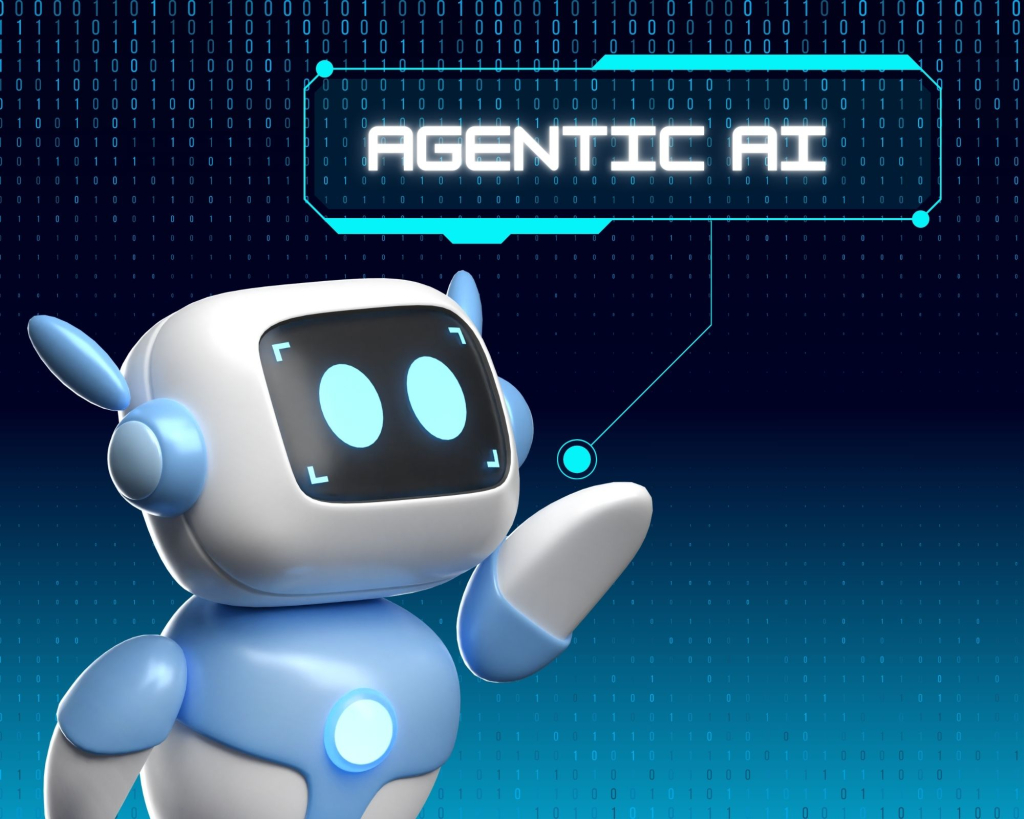
Introduction
As artificial intelligence continues to evolve, a new concept is gaining traction: Agentic AI. But what exactly does it mean, and why is it considered a game-changer in the world of technology? In this post, we’ll explore what Agentic AI is, how it works, and why it’s one of the most important AI trends of 2025.
What is Agentic AI?
Agentic AI refers to AI systems that can act independently, pursue goals, and adapt to changing environments with minimal human intervention. Unlike traditional AI, which often reacts to specific inputs, Agentic AI functions more like a digital “agent” capable of making decisions, initiating actions, and even setting its own sub-goals.
Think of it as moving from a smart assistant to a smart colleague.
Key Characteristics of Agentic AI
- Autonomy: Operates with minimal human prompting.
- Goal-Directed: Understands and acts toward achieving defined objectives.
- Context Awareness: Can adapt based on the situation or environment.
- Planning & Execution: Breaks down tasks and handles them in sequences.
- Self-Improvement: Learns from feedback to optimize performance over time.
Real-World Applications
- Business Automation: Agentic AI can manage entire workflows, such as customer onboarding or market research.
- Healthcare: From drug discovery to personalized treatment plans, agentic systems can reduce the burden on doctors.
- Software Development: Tools like AutoGPT and Devika are using agentic models to build software with minimal human input.
- Smart Cities: Autonomous agents could control traffic, utilities, and emergency responses dynamically.
Agentic AI vs. Traditional AI
| Feature | Traditional AI | Agentic AI |
|---|---|---|
| Reactive | Yes | No (proactive) |
| Requires Prompts | Often | Rarely |
| Autonomy | Limited | High |
| Goal-Oriented | Only if designed so | Core feature |
| Multi-step Reasoning | Minimal | Advanced |
Risks and Challenges
With great power comes great responsibility. Agentic AI also raises concerns:
- Safety: How do we ensure autonomous agents don’t act against our interests?
- Alignment: Can we ensure their goals align with human values?
- Accountability: Who is responsible for an AI agent’s actions?
Governments, including the UK’s AI Safety Institute, are beginning to address these challenges, but global standards are still in development.
Why It Matters Now
As AI becomes more embedded in our daily lives, Agentic AI represents the next frontier. It’s not just about automating tasks—it’s about creating intelligent digital partners that can think, decide, and act. The organizations and countries that understand and adopt agentic technologies early will likely shape the future of innovation.
Conclusion
Agentic AI is more than just a buzzword. It’s the evolution of intelligence from reactive tools to autonomous agents. While there are valid concerns, the opportunities it presents—from revolutionizing industries to enhancing everyday life—make it one of the most exciting developments in tech today.
Stay tuned for more posts on emerging AI trends, ethical implications, and real-world use cases!
Leave a Reply